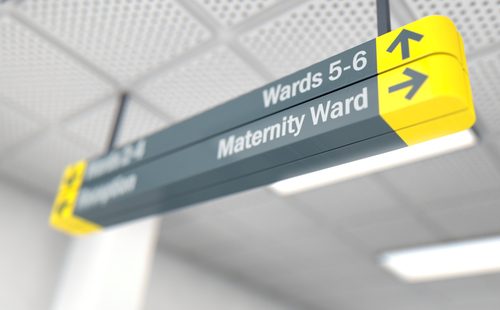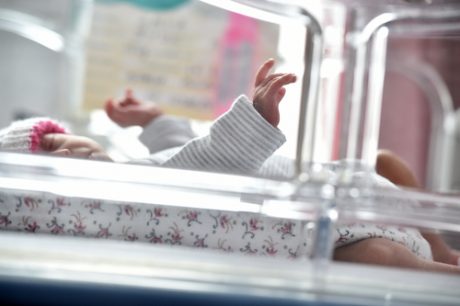The government has introduced a new nationwide initiative for NHS maternity staff, the ABC (Avoiding Brain Injury in Childbirth) programme, which aims to help reduce avoidable brain injuries in childbirth.
In this article, paralegal Karen Calverley provides details about the Avoiding Brain Injury in Childbirth (ABC) programme and how it can improve patient safety.
About the Avoiding Brain Injury in Childbirth (ABC) pilot programme
The ABC programme provides maternity staff across the UK with the specialist tools and expertise they need to recognise as quickly and effectively as possible when a baby is distressed during labour and to improve patient safety for women and babies in maternity units so that they have a better childbirth experience.
The two core focuses of the pilot programme are:
- The management of impacted fetal head during caesarean birth
- The detection and response to fetal deterioration
The staff training will involve a collaborative learning approach to improve clinical practice. Maternity staff will be training together as a team and will be learning how to communicate effectively with each other when dealing with a childbirth emergency.
The development of the programme has been a collaborative effort, taking care to listen to women and their views of what a good childbirth experience would look like from their perspective:
Dr Lisa Hinton of The Healthcare Improvement Studies (THIS) Institute says: “The ABC programme is guided by learning from women and birth partners about what ‘good looks like’ for them in communication and informed decision making.”

NHS trusts involved in the ABC programme
The NHS trusts taking part in “the management of impacted fetal head during caesarean birth” are:
- Countess of Chester Hospital NHS Foundation Trust
- East Lancashire Hospitals NHS Trust
- Lancashire Teaching Hospitals NHS Trust
- Liverpool Women’s NHS Foundation Trust
- Warrington and Halton Teaching Hospitals NHS Foundation Trust
- Wirral University Teaching Hospital NHS Foundation Trust
The NHS trusts taking part in “the detection and response to fetal deterioration” are:
- Croydon Health Services NHS Trust
- Epsom and St Helier University Hospitals NHS Trust
- St George’s University Hospitals NHS Foundation Trust
If the pilot programme is effective and able to be implemented nationally across more NHS trusts next year, it will be a further step in the right direction to improve maternity safety.
The Maternity and Newborn Safety Investigations programme (MNSI) and The Health Services Safety Investigation Body (HSSIB) also play an important part in preserving patient safety in maternity units across the UK. Their aim is to allow NHS staff and families a safe and supportive space to discuss patient safety incidents they are concerned about.
Incidents are investigated with the objective of improving patient care and the services that hospitals provide. Our team has helped families review these reports (HSIB/HSSIB) and provided advice on their next steps.
Maternity healthcare and medical negligence
Stewarts is recognised as one of the UK’s leading disputes law firms, and a specialist in medical negligence claims if a child sustains a brain injury at or around the time of their birth. Anita Jewitt, Head of the Clinical Negligence department at Stewarts, has significant experience representing children who sustain a brain injury.
In response to the ABC programme, Anita says:
"Sadly, through our work, we see cases where fetal distress during labour has not been recognised, or the baby has not been delivered quickly enough to avoid their neurological injury. Every minute counts in an emergency situation. Families we represent want to avoid the same mistake happening again and to ensure lessons are learned to improve patient safety. We welcome any proactive steps taken, such as the ABC programme, to help address these two emergency situations in order to improve outcomes."


